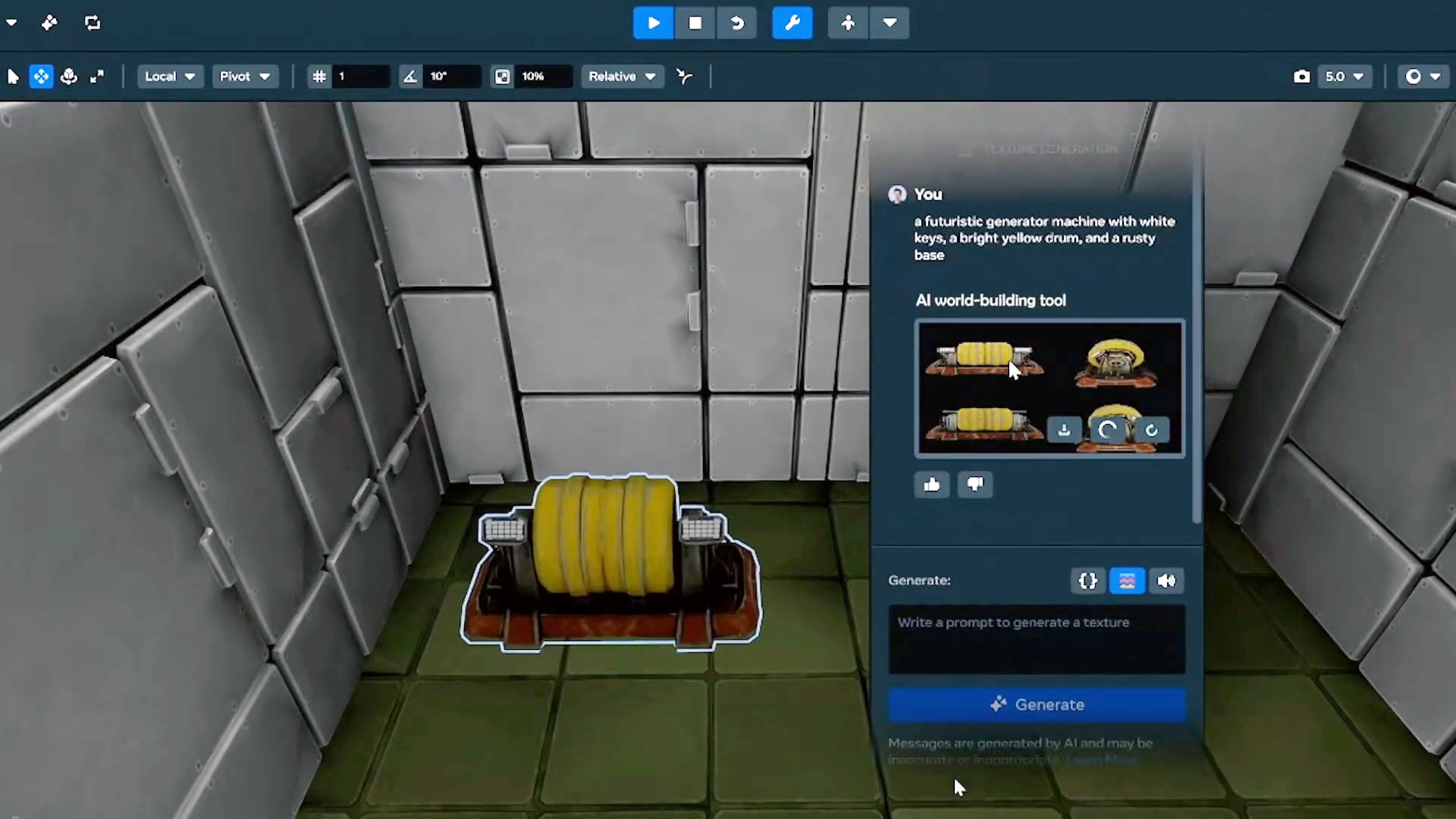Half-Life: Alyx First Scene Ported To Quest 3 Standalone Via Unity
A developer ported the first scene of Half-Life: Alyx to Unity to run it standalone on Quest 3, no PC required.
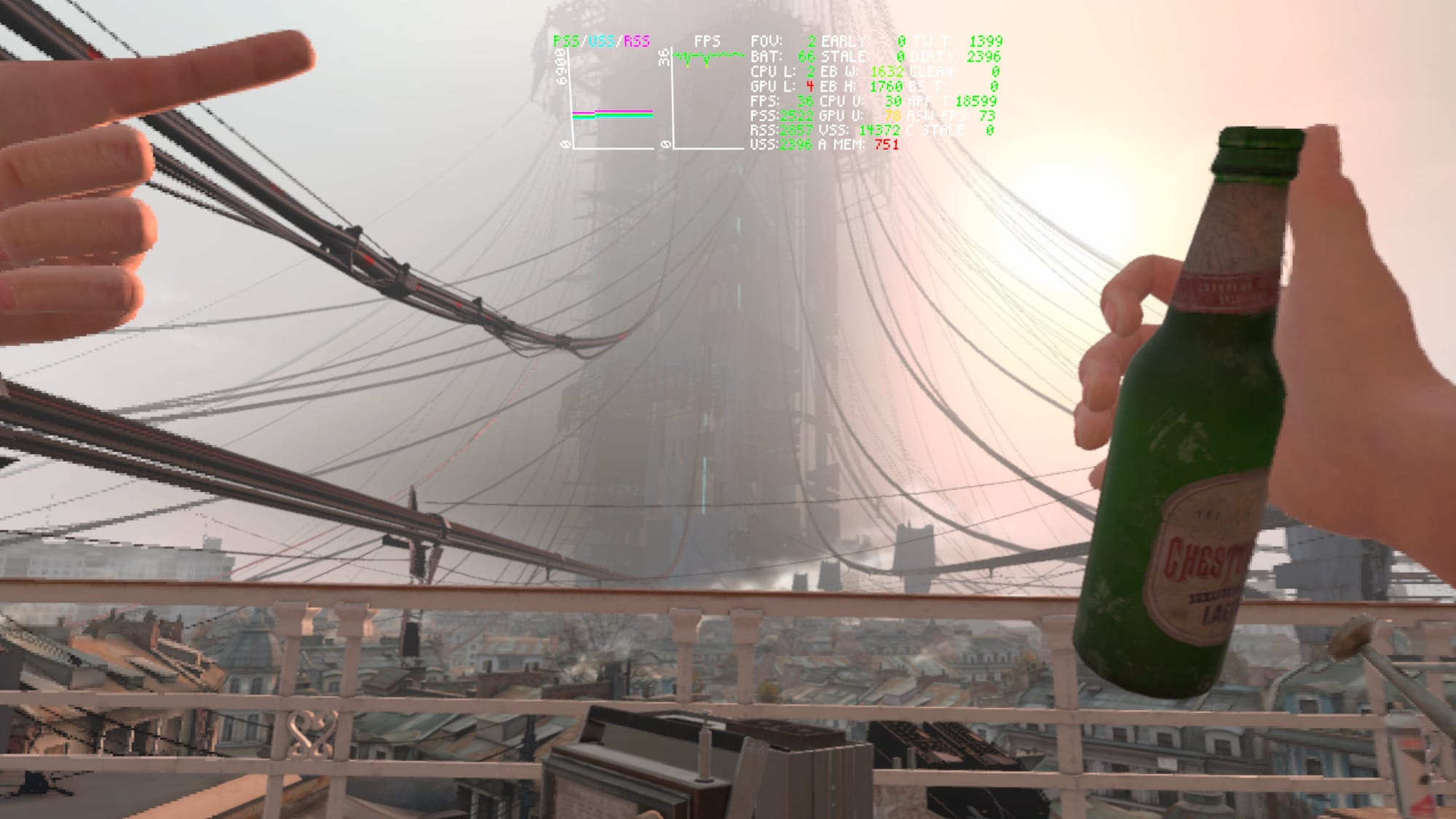

A developer ported the first scene of Half-Life: Alyx to Unity to experience it running standalone on Quest 3.
Valve's award-winning AAA VR game is currently for Windows PC VR only. But a long-standing unanswered question looms in the VR industry: when will it be able to run on standalone headsets, without a PC?
Developer Boris Novikov didn't want to wait for Valve to answer this question. He suspected that the XR2 Gen 2 chipset in Quest 3, which Meta has described as having a GPU as powerful as an Oculus Rift min spec PC, might already be capable of rendering City 17.
Novikov extracted the 3D assets and sounds from the first scene of Alyx and brought them into Unity, adapting them for the different engine using custom shaders and processing scripts. He then added hand-object interactions by using the Hurricane VR framework, and faked the scene's volumetric effects using the package MicroAVL. Notably, dynamic shadows are enabled for moving objects.
At Quest 3's default render resolution, 2x MSAA and fixed foveated rendering enabled, the scene runs at stable 72 FPS when looking at some areas, and drops significantly while looking at others. Novikov claims these drops are due to dense geometry, and could be solved by simplifying the 3D models used in some places.
Novikov's work here shows that mobile chipsets are surprisingly powerful, and suggests it's technically possible Valve could optimize Half-Life: Alyx to run on Deckard, its upcoming standalone headset which a recent leak revealed should use a similar kind of chip.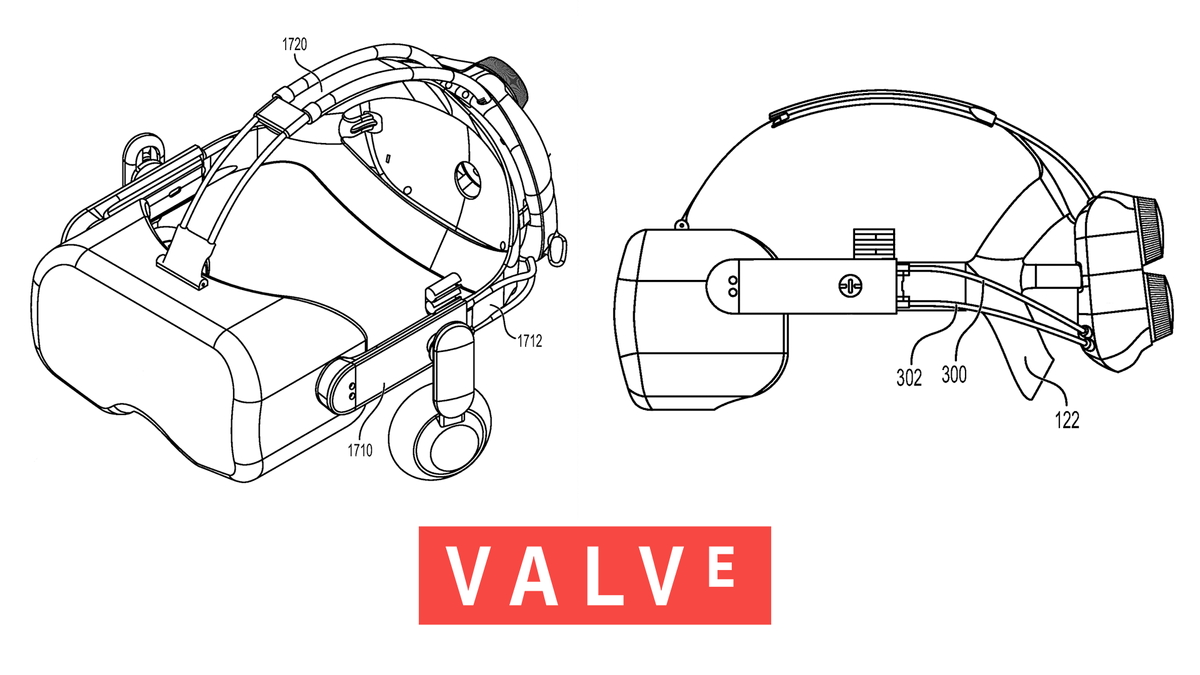
However, we should note that this is only the introductory experience of Alyx. There are no enemies or weapons here, and the inclusion of these elements and other complex game logic might significantly impact performance. Further, some other scenes might include such detailed geometry that simplifying it to run on mobile chipsets would be too much of a hit to its essence for Valve to want to green-light doing so. Our expectation remains that Deckard focuses on wirelessly streaming from your gaming PC, at higher frame rate, resolution, and graphical fidelity than is possible on standalone hardware.



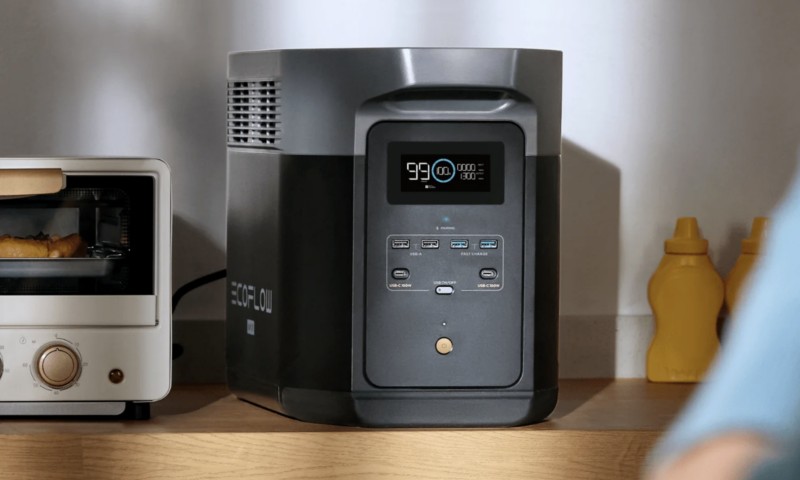


























































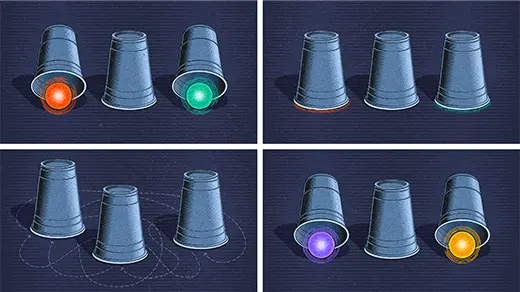








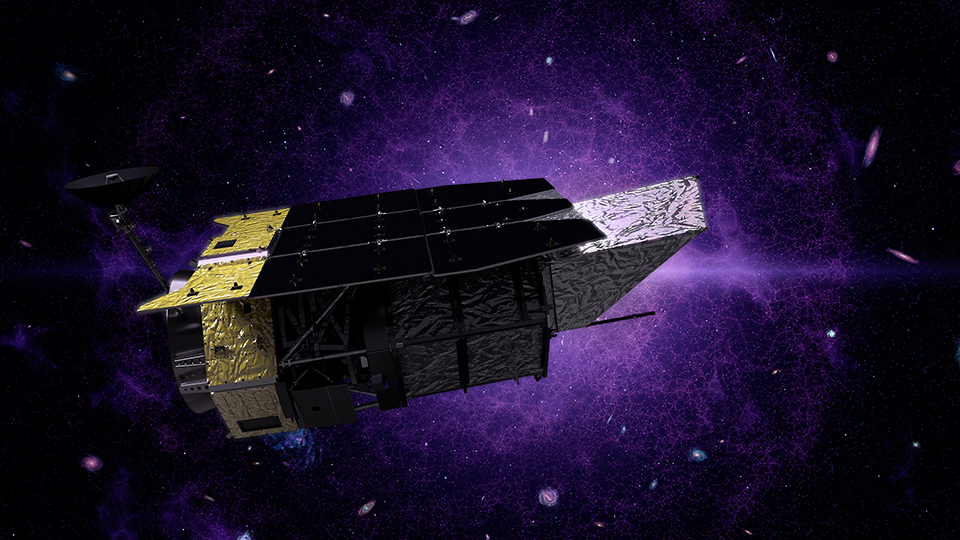





































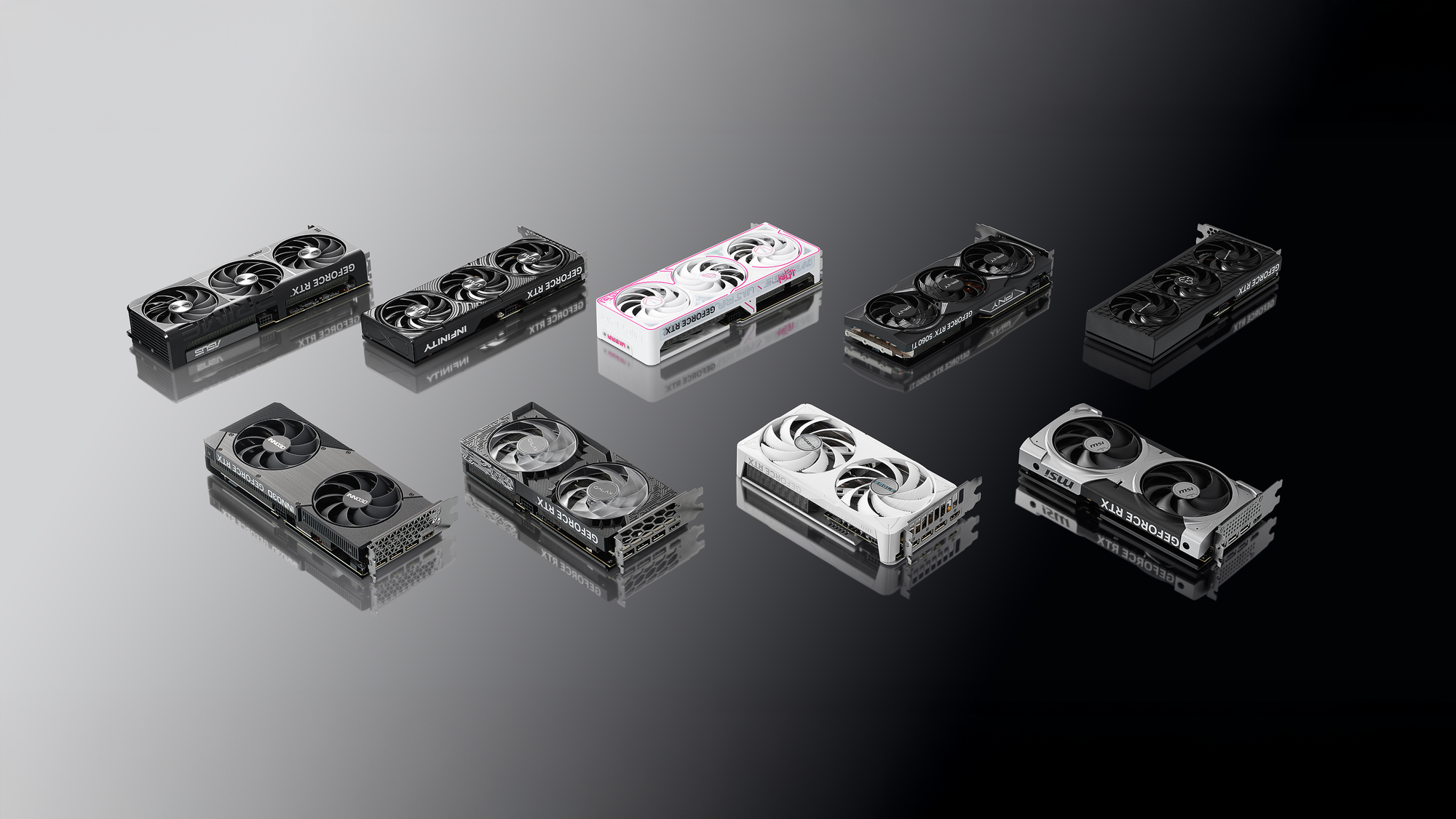







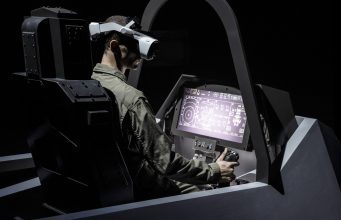
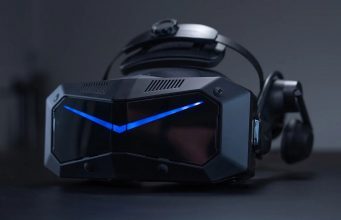

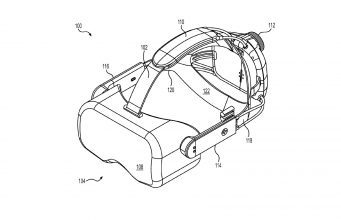



![The breaking news round-up: Decagear launches today, Pimax announces new headsets, and more! [APRIL FOOL’S]](https://i0.wp.com/skarredghost.com/wp-content/uploads/2025/03/lawk_glasses_handson.jpg?fit=1366%2C1025&ssl=1)



